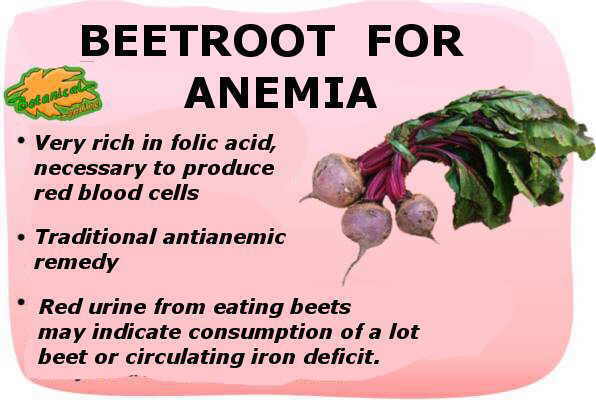Contents
Glutamine, amino acid, functions and benefits
What is glutamine?
Glutamine is a non-essential amino acid that is found in high concentrations at the blood and muscle levels. It favors the formation of new tissues and the regeneration of the intestinal mucous membranes.
The abbreviation for this amino acid is Gln.
The organism is able to transform the amino acid glutamic acid (Glu) into glutamine
Properties of glutamine
Glutamine for athletes
It is a basic amino acid that neutralizes the acidity resulting from physical exercise and prevents the loss of muscle mass, which is very beneficial for athletes. (See: Supplements for sport)
Glutamine for the nervous system
It has a fundamental role in the contribution of glucose to the brain, which evidently ensures its proper functioning, and it is a stimulator of the central nervous system, which can be preventive of some brain degenerative diseases.
It is considered that stress reduces the levels of this amino acid. In situations of intellectual fatigue or exhaustion, a higher amount of this amino acid is recommended in the diet.
Glutamine for the immune system and intestinal health

Glutamine is related to an increase and improvement of our intestinal immune responses against the external attacks of microorganisms and on the immunological functions performed by the microbiota or intestinal flora. It is a fuel for the cells of the intestinal mucosa and improves the integrity of the digestive walls, allowing a better assimilation of food and rapid healing.
Although it is a non-essential amino acid, which can be made by the organism from other amino acids, depletion of its levels has been observed under certain circumstances. For this reason its supplementation is recommended in the recovery of ulcers and digestive surgery (gastric by-pass, intestinal resections, etc.).
Glutamine is also administered to improve the digestive state after antibiotic supplementation (along with probiotics to help regenerate the intestinal flora and intestinal epithelium), intestinal hyperpermeability (too permeable bowel), celiac disease, sensitivity to non-celiac gluten, and in Crohn’s disease and colitis (under medical supervision).
Glutamine and protein metabolism
Together with alanine, they are the most responsible for the blood transport of nitrogenous substances. L-glutamine is involved in the synthesis of proteins and the elimination of ammonia (it is the only amino acid with two nitrogen molecules, an amino group and another amido).
The body, with the union of cysteine and glutamic acid (derived from glutamine), can obtain a powerful antioxidant, glutathione, which helps reduce the damage caused by free radicals and increases the life of vitamin E and vitamin C.
Contraindications of glutamine
Pregnant women or people suffering from liver and kidney diseases should not take glutamine supplements without medical supervision.
![]() More information on glutamine and amino acids
More information on glutamine and amino acids








